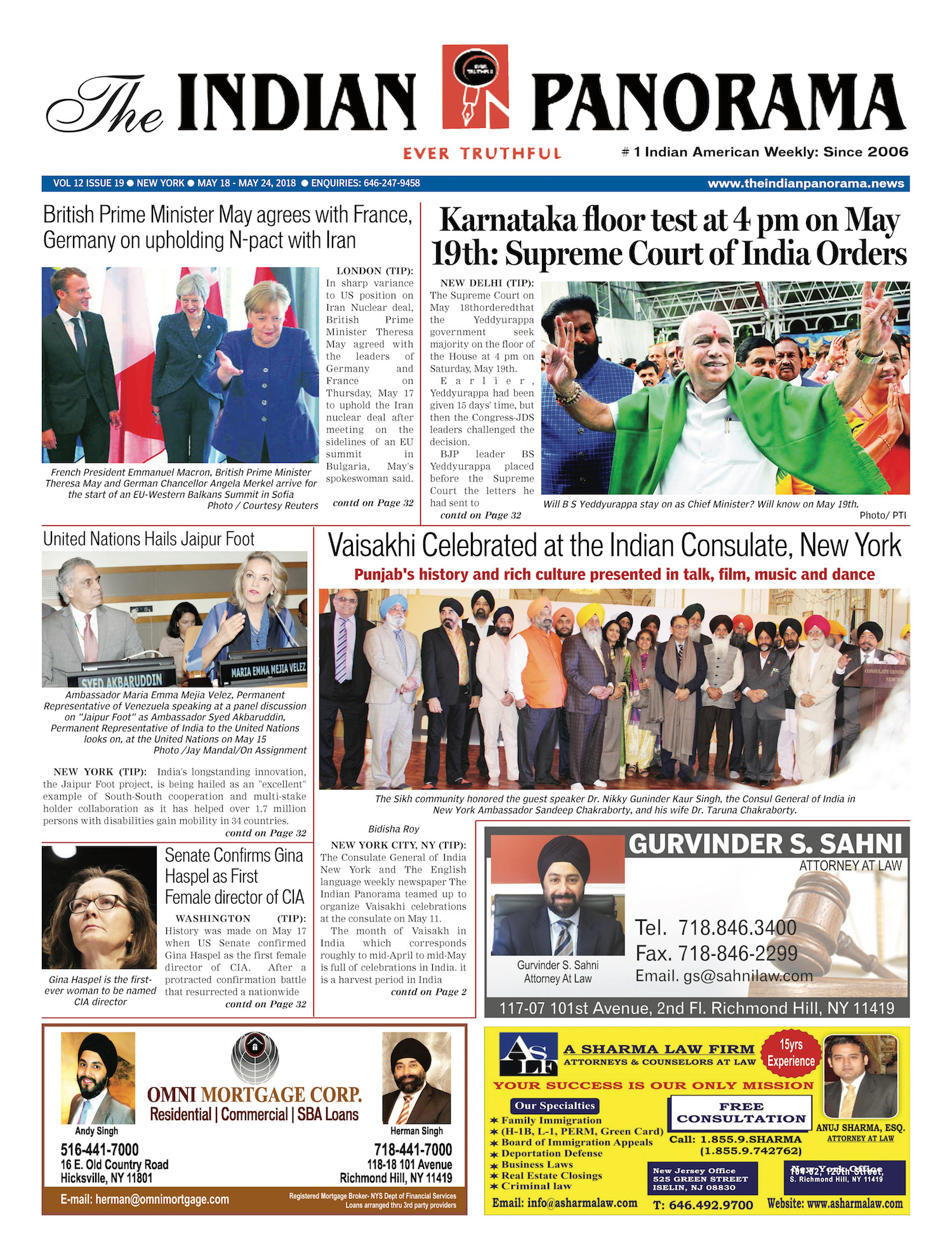
New Delhi (TIP)- The Supreme Court on Thursday, December 12, issued a nationwide directive restraining all courts from entertaining fresh suits or passing orders to survey mosques to determine whether temple structures lie beneath them. This interim order serves as a sweeping pause on the growing litigation initiated by Hindu groups seeking to reclaim places of worship, effectively stalling proceedings in trial and high courts, and marking a significant intervention by the judiciary in a matter fraught with religious sensitivities and legal complexities.
The directive came from a special bench, headed by Chief Justice of India (CJI) Sanjiv Khanna, which clarified that trial courts cannot “overreach” the Supreme Court while it adjudicates on challenges to the Places of Worship (Special Provisions) Act, 1991.
“As the matter is sub judice before this Court, we deem it appropriate to direct that, though fresh suits may be filed, no suits would be registered and no proceedings shall be undertaken therein till further orders of this Court. Further, in the pending suits, no Court will pass any effective interim orders or final orders, including orders directing surveys, etc., till the next date of hearing/further orders of this Court,” ordered the bench, which also included justices PV Sanjay Kumar and KV Viswanathan. The court has scheduled the next hearing for February 17, 2025”.
The directive comes amid a surge in litigation initiated by Hindu groups seeking the reclamation of alleged historical temple sites, prompting a host of legal proceedings in district and high courts. These disputes have sparked significant controversy and conflicting orders, amplifying political and communal tensions across the country. From Gyanvapi Masjid in Varanasi to Shahi Eidgah in Mathura, from Shahi Jama Masjid in Sambhal to the Taj Mahal in Agra, from the Dargah Sharif in Ajmer to the Bhojshala in Madhya Pradesh, a host of petitions seeking the redetermination of the character of different structures have sprung up across the country. Despite the significance of the issue, the matter had seen little progress in the Supreme Court over the last two years.
Justice Khanna took over as CJI from justice Dhananjaya Y Chandrachud on November 11. He then formed a three-judge bench on December 7, paving the way for Thursday’s intervention.
The Places of Worship Act, enacted in 1991, is central to this issue. The Act, which the court is deliberating on at the instance of the two sides – one challenging it and another seeking its strict enforcement — was enacted to preserve the religious character of all places of worship as they stood on August 15, 1947.





Be the first to comment